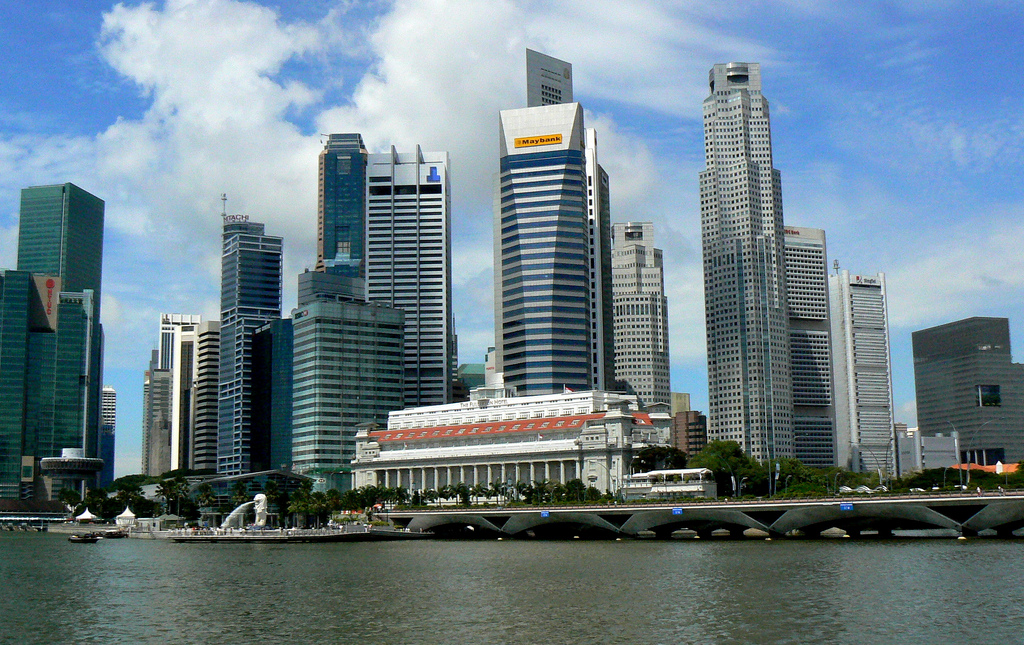The ongoing 1Malaysia Development Bhd scandal has forced Singaporean authorities to deal with the extent to which the country’s banks are vulnerable to abuse and threaten the country’s reputation for financial integrity.
The country’s financial system may face another shock – the use of so-called “freeports” — massive warehouses used by wealthy patrons to store and move fine art, wine, classic cars and various other luxury items without tax. A growing number of watchdogs suspect these freeports, including oneoperating in Singapore since 2010, could serve as vessels for money laundering.
As Asia Sentinel reported in March, Singapore has become a veritable laundromat for billions of dollars stolen in Indonesia and pushed through the city’s banking system, despite its reputation for lean governance and openness. Transparency International’s 2018 Corruption Perceptions Index scores the city-state third of 180 countries, right behind Denmark and New Zealand. Singapore’s score of 85 on a scale of 100 is nearly double the global average of 43.
However, Transparency International fails to measure the use of these countries’ banks as vehicles for money laundering. Despite its financial sophistication, Singapore has discovered its banking sector is being used by corrupt outside actors for illicit dealings. Denmark’s Danske Bank also finds itself embroiled in a huge scandal over money-laundering.
The 1MDB scandal, which has resulted in Singapore shuttering the operations of Swiss banks BSI and Falcon Private Bank and returning $11 million to Malaysia – a fraction of the amount that rippled through its system – has tainted the country’s stellar financial reputation but also placed it at the heart of a neighbor’s political crisis.
Source: Singapore’s Dirty Financial Secrets – Asia Sentinel


